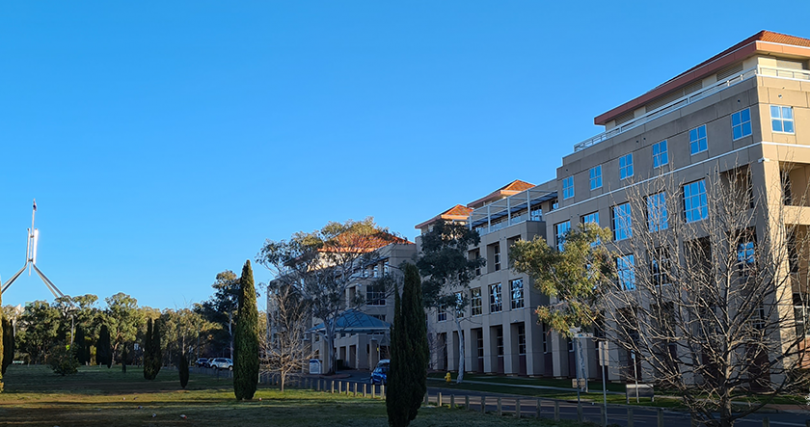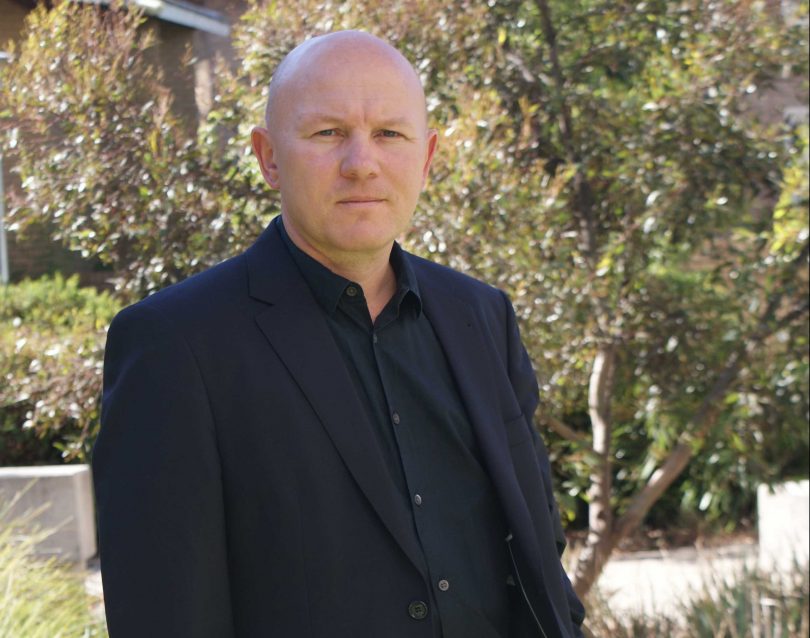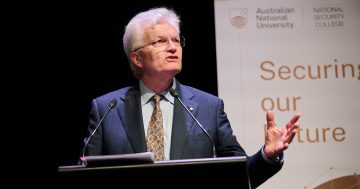
The Department of Foreign Affairs and Trade and Defence’s compartmentalisation of problems impedes solutions to public policy problems, according to ANU experts. Photo: DFAT.
Public servants need to expand their thinking and take a systems approach to resolving the increasing number of ‘wicked problems’ governments are facing at home and on the international stage, according to a new paper from ANU experts.
Professor Jochen Prantl and Professor Evelyn Goh from the Strategic and Defence Studies Centre said governments need to broaden their strategies and practise better statecraft when dealing with a range of complex issues – from the China relationship to Ukraine war, climate change to disaster response.
Professor Prantl said the very structure of the public service and risk-aversion in how it operates was part of the problem.
He said Centre training programs for senior executives, particularly in Defence but also DFAT, revealed public servants tend to compartmentalise problems, which impedes public policy problem solving.
My Public Sector
The paper uses the COVID-19 pandemic, Afghanistan and Sino-American competition as examples but the issue extends to climate change and other intractable problems.
Professor Prantl said extremely complex problems were often interconnected with other problems and could not be addressed with ready-made or cookie-cutter solutions.
He said what was needed went beyond the whole-of-government approach and called for innovative thinking, but that required an acceptance of failure – something public servants were not expected to do.
“There is no learning infrastructure available to allow for constant reassessment of policy solutions,” he said.
“That’s something we would like to get at and the reason we want to call for a paradigm change.”
Professor Prantl urged department heads to create in-house environments that encouraged thinking out of the box, making mistakes and using that as an opportunity to learn and innovate.
He said training was important but it only went so far and public servants needed to start with a change in mindset and expose themselves to many areas out of their comfort zone.

Professor Jochen Prantl calls for governments to practise better statecraft when dealing with a range of complex issues from Australia-China relations to climate change. Photo: ANU.
“It requires a greater willingness to opt out of your departmental box, engage with connected and interconnected policy areas, to create networks with public servants in other departments,” he said.
Professor Prantl said climate change was an issue that straddled a range of policy areas and had implications for many agencies but he had encountered resistance from some in Defence who argued it was not its core business, despite the clear security and humanitarian consequences.
He said Australia needed to practise statecraft that looked beyond narrow perceptions of what the national interest may be.
“Pursuing the national interest is sometimes almost impossible if you don’t take into account the wider systemic context in which you exercise statecraft,” he said.
For example, Australia putting all its eggs in the alliance basket limited its options, when a more open-minded and regional approach was required, Professor Prantl said.
“A systems approach to statecraft requires shaping the international environment, the policy environment,” he said. “That requires a regional role for Australia, that goes way beyond AUKUS or just focusing on the US alliance, that requires a much deeper engagement with South-East Asia for example,” he said.
“It’s not just making a choice that China is our enemy now and the US are our friends but we forget the economic interdependence that is still shaping China-Australia economic relations.”
Professor Prantl said Singapore was a good example of a small country that maximised its position through statecraft.
“So this kind of strategic diplomacy and statecraft thinking is not just for major powers investing in grand strategy, it’s for day to day policy making and that’s quite important.”
Rethinking strategy and statecraft for the 21st century of complexity: a case for strategic diplomacy was published in the International Affairs journal.




















